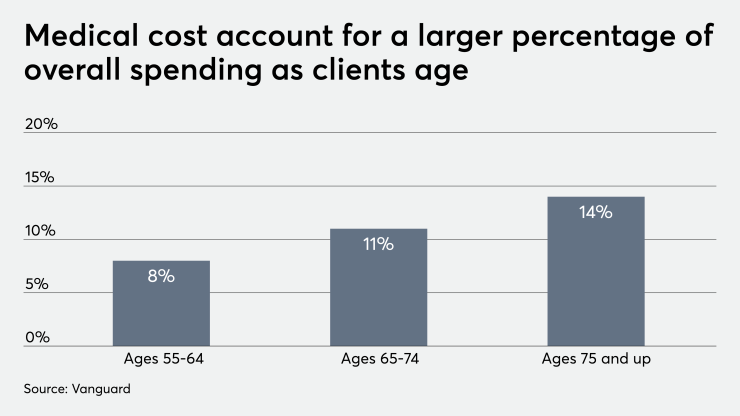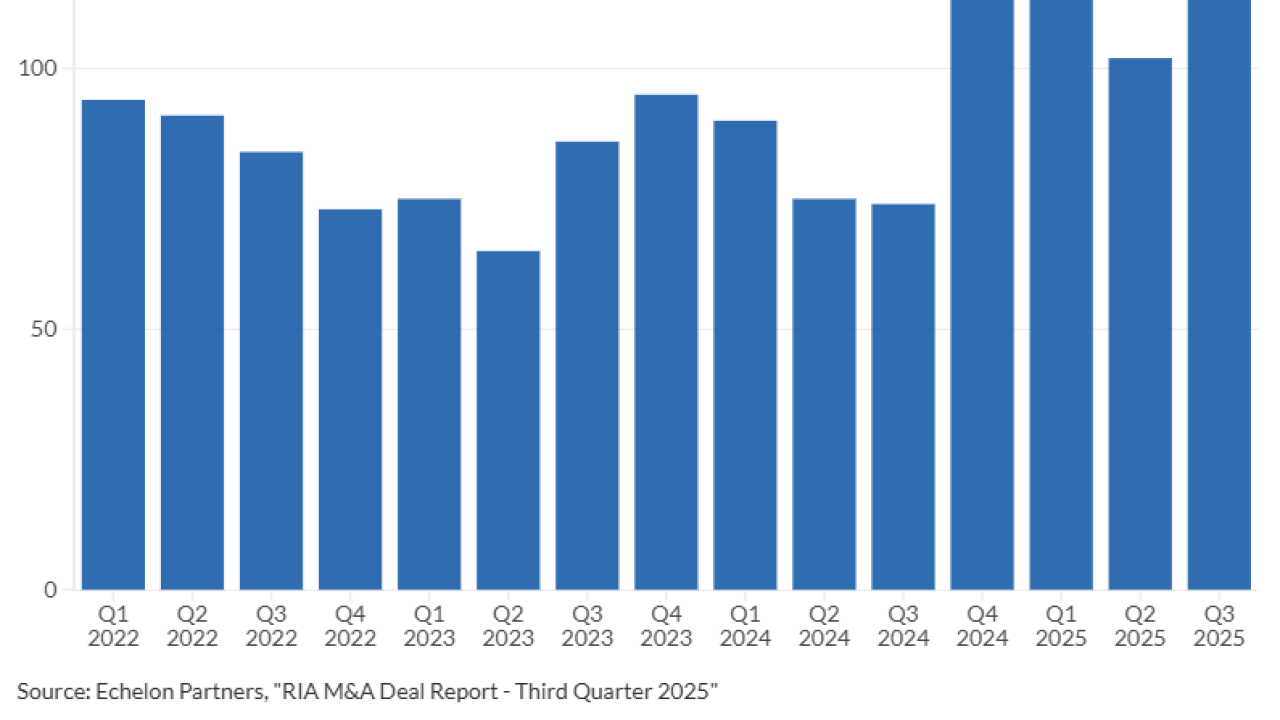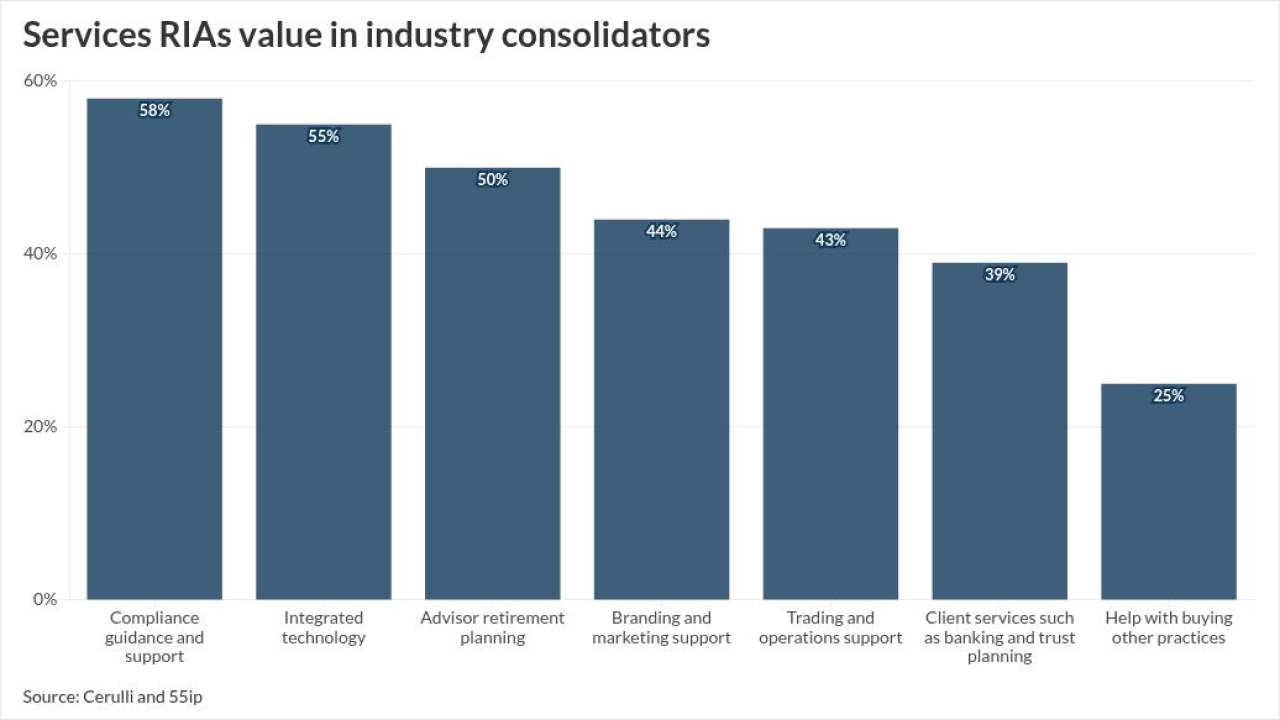Welcome to Retirement Scan, our daily roundup of retirement news your clients may be talking about.
Seniors who intend to continue working past their retirement age are advised to make a number of considerations, as their wage income could reduce Social Security benefits as well as boost their tax bill and medical insurance costs, according to this article in Money. To avoid these unfavorable consequences, older workers are advised to consider delaying Social Security and run the numbers to determine their provisional income and Medicare premiums. Doing a Roth conversion is another strategy that can minimize their taxable income in retirement, according to the article.
Seniors who want to retire this year are advised to make a few moves to ensure the success of their plan, an expert writes in The Wall Street Journal. They’re advised to account for the possibility of a market downturn when developing a long-term investment strategy and avoid taking on more risk to boost returns, he writes. Seniors are also advised to stick to their investment plan and consult only with a fiduciary.
Not saving enough is one of the costliest mistakes a client can make with their retirement, according to this Motley Fool article. Seniors also stand to lose if they decide to file for Social Security at the wrong time or carry sizable debt into retirement. Failure to account for the taxation of retirement benefits is another mistake that could reduce their income in retirement.
The record level of transactions — as well as long-term industry shifts — often prompt advisors and other wealth management professionals to assess their options.
Dipping into taxable accounts before drawing income from tax-deferred and tax-free retirement accounts could result in a "tax bump" for retirees down the road, especially when they start collecting Social Security benefits and have to take taxable distributions from retirement accounts, according to this article in Barron's. To avoid this scenario, clients should consider converting some of their traditional retirement assets into a Roth while they are in a low tax bracket. Roth accounts offer tax-free distributions and won't be subject to required minimum distribution rules.







